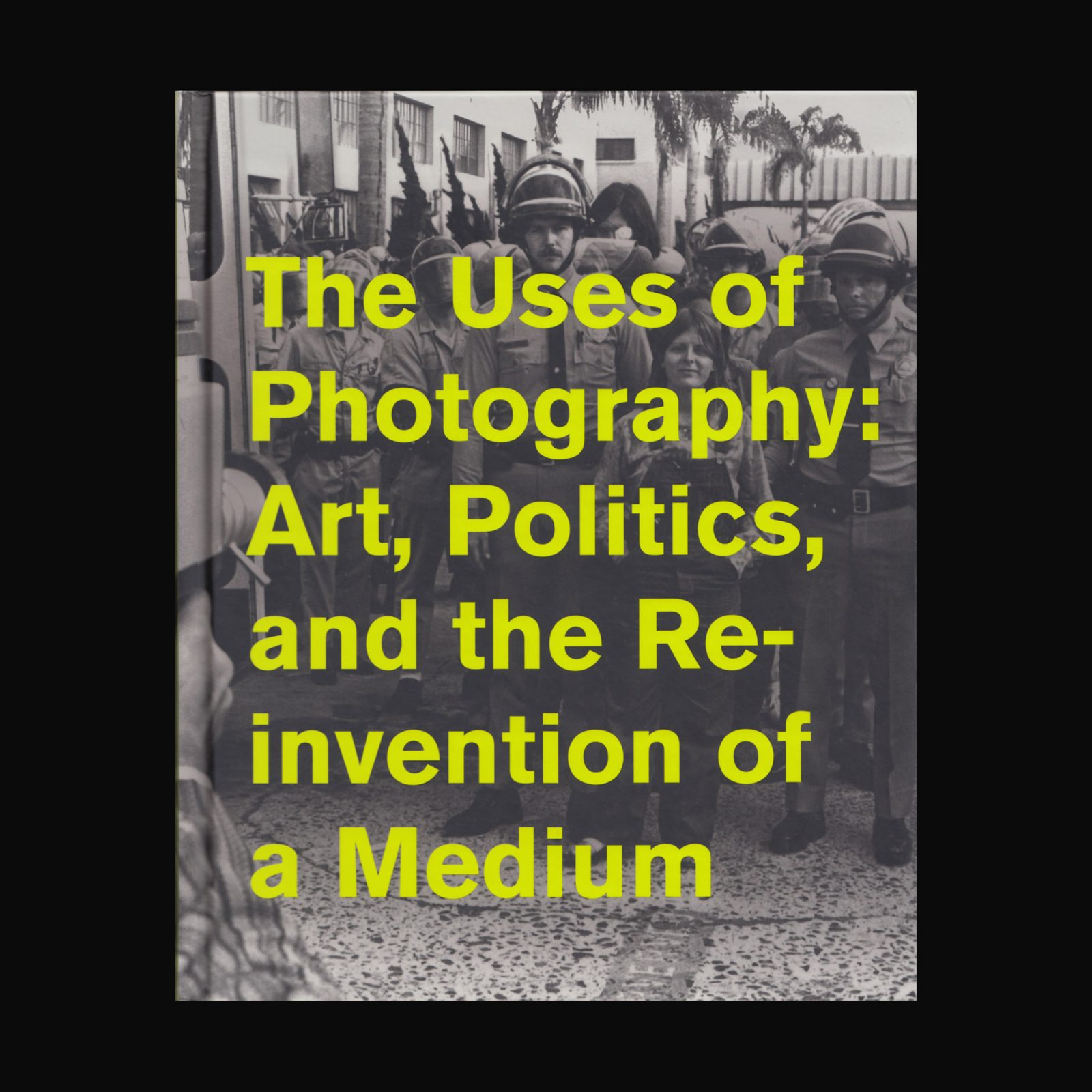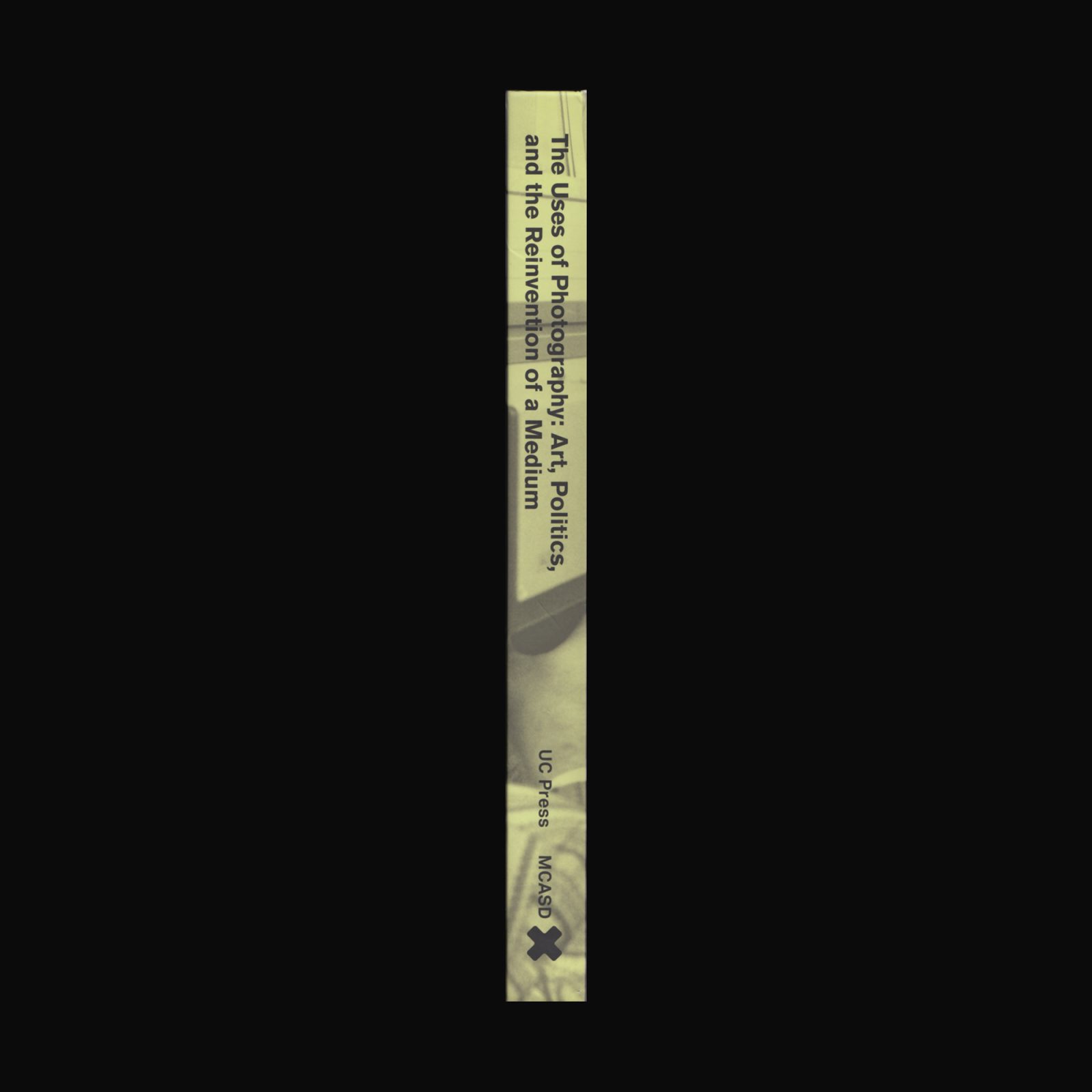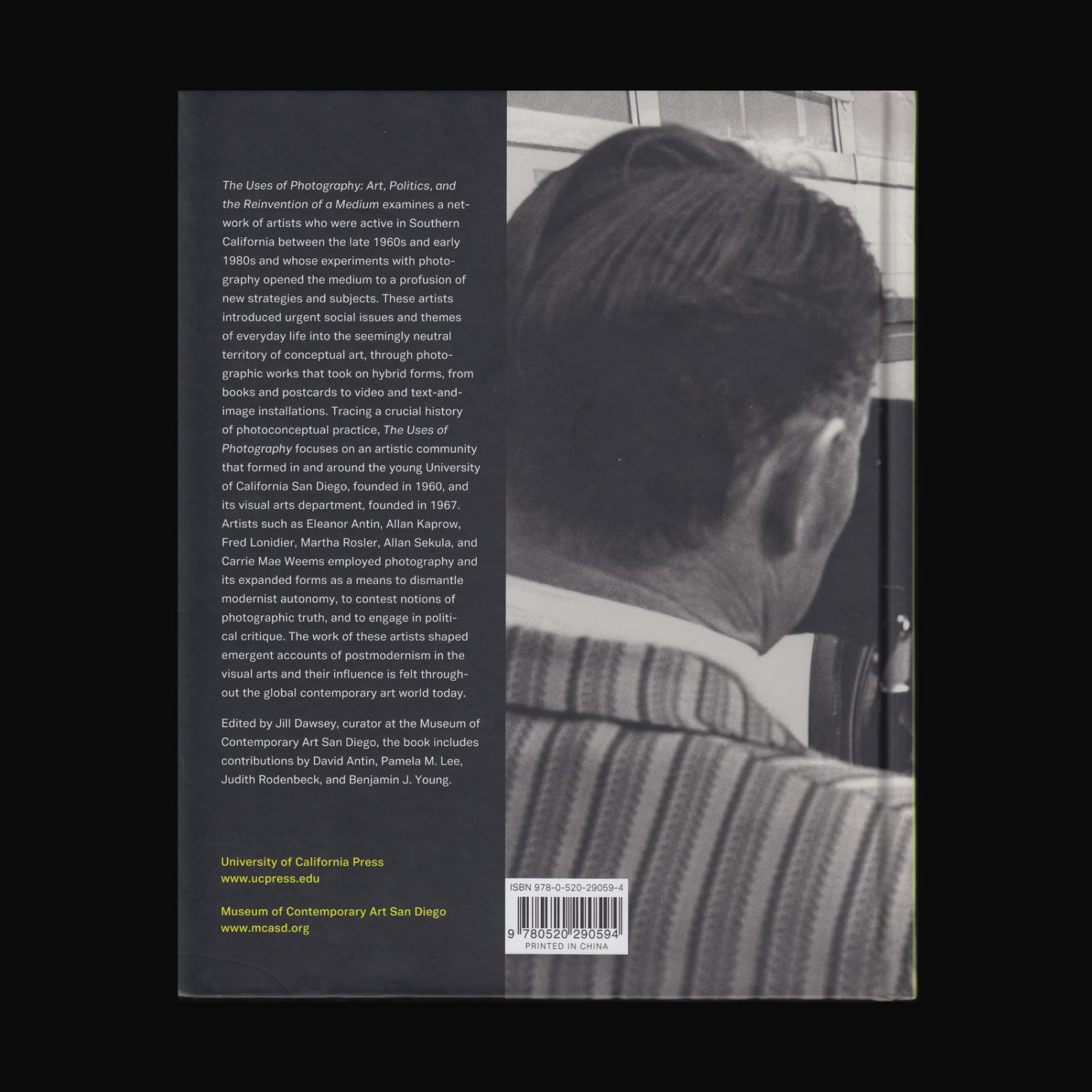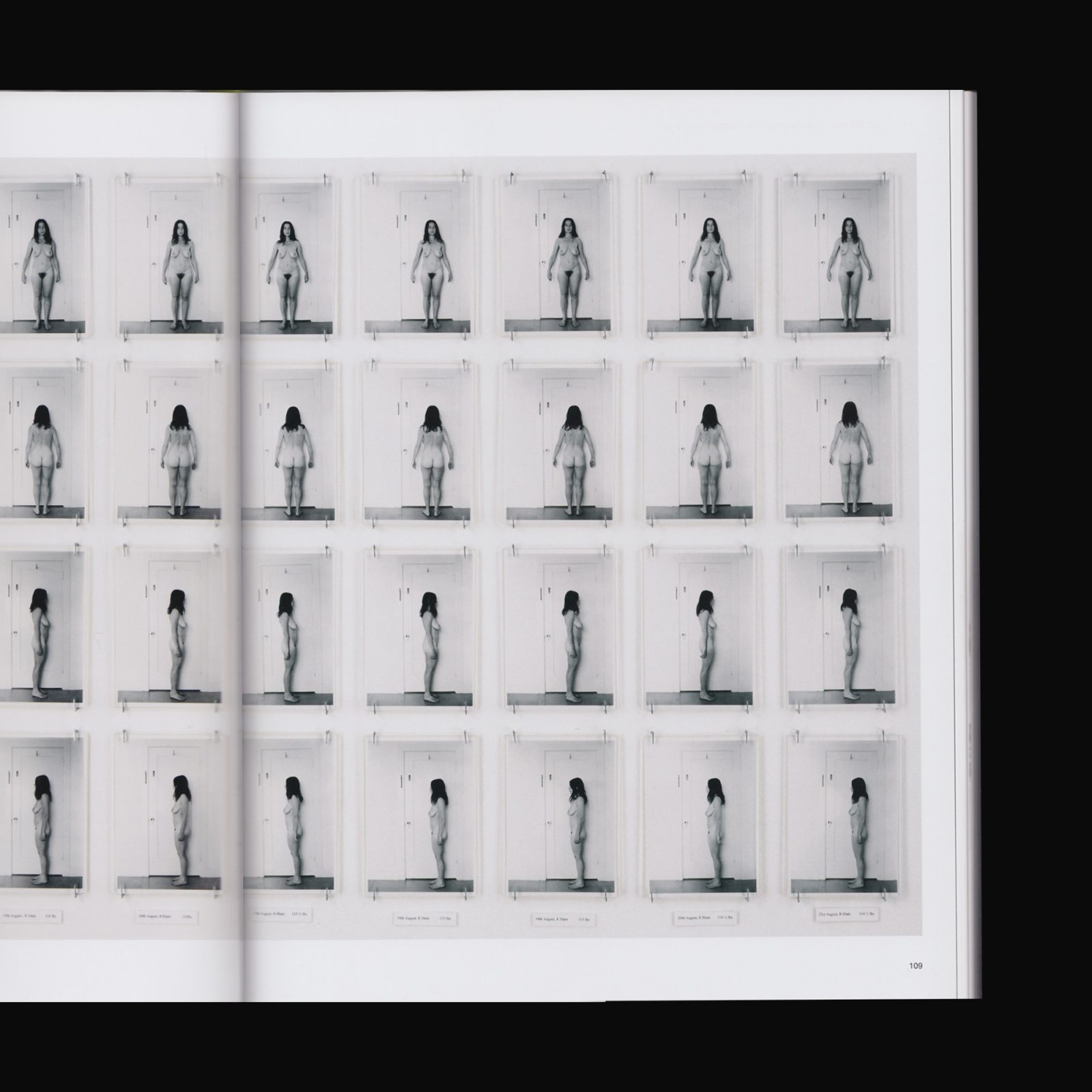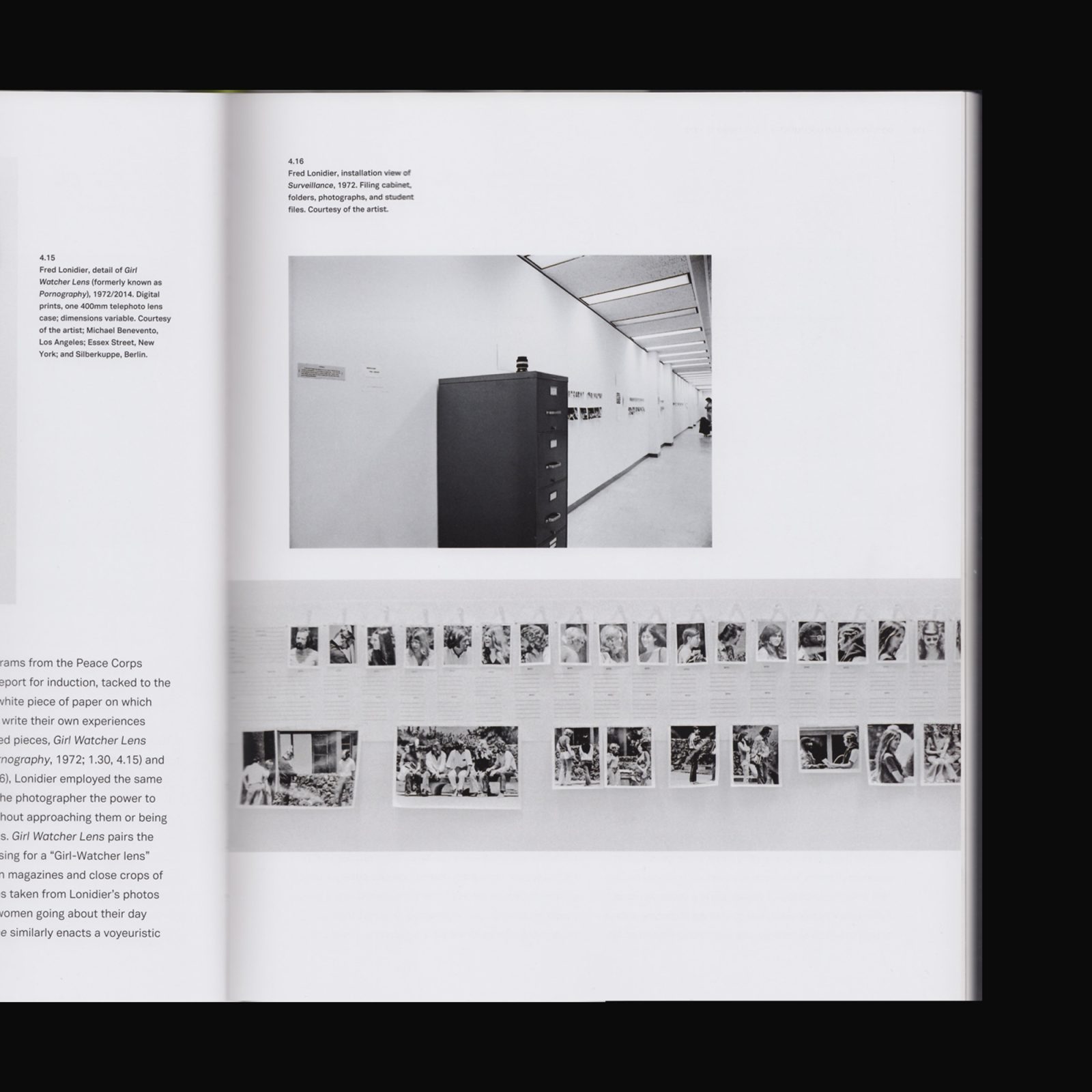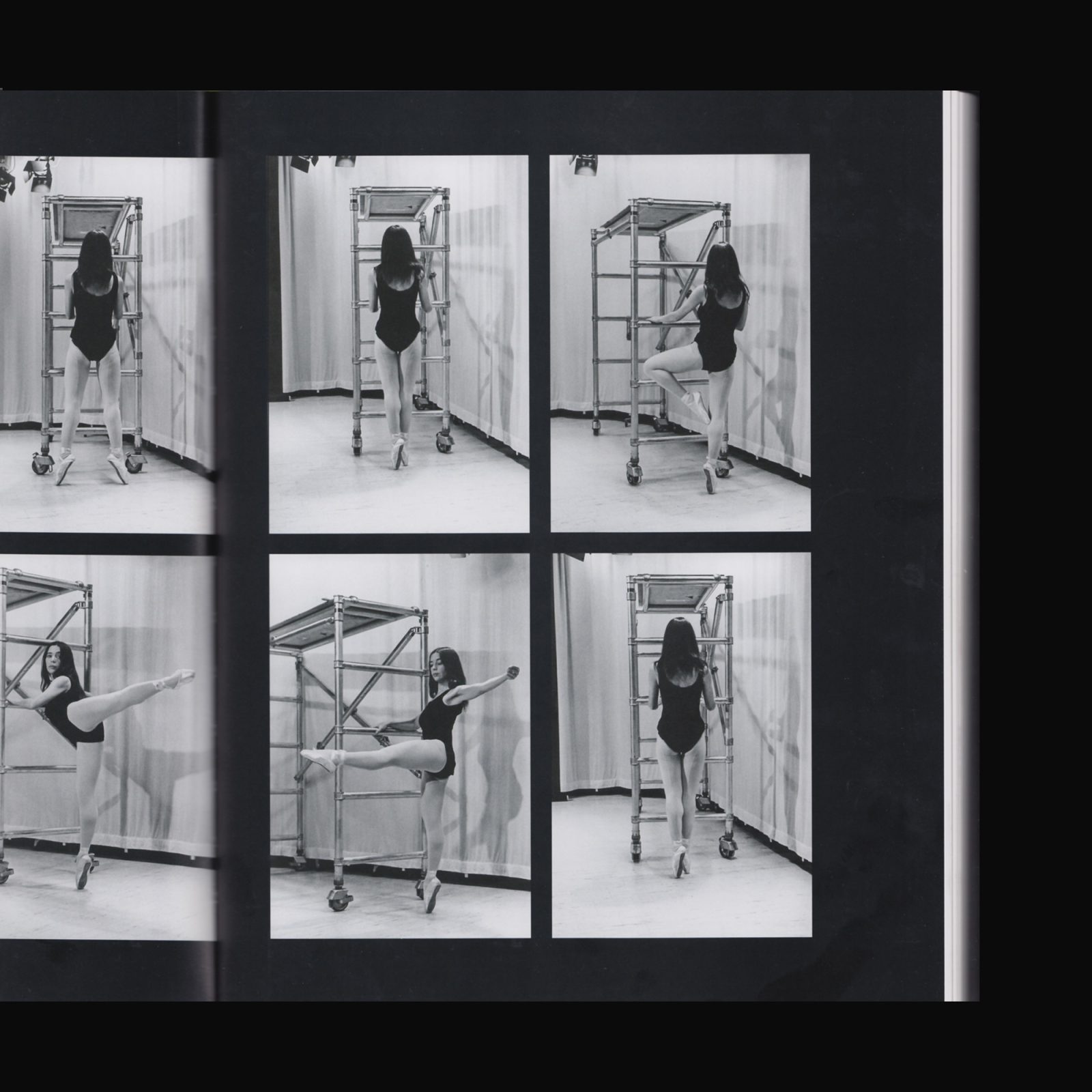Published on the occasion of the 2017 exhibition at the Museum of Contemporary Art San Diego, 24 September, 2016–2 January, 2017), The Uses of Photography examines a network of artists who were active in San Diego between the late 1960s and early 1980s and whose experiments with photography opened the medium to a profusion of new strategies and subjects. Working within the framework of conceptual art, these artists introduced urgent social issues and themes of everyday life into that seemingly neutral territory, with photographic works that took on hybrid forms, from books and postcards to video and text-and-image installations. If photography had come to occupy a new, more prominent position in the art world of the late 1960s, largely within the context of conceptual art, much of the medium’s radical potential nonetheless remained latent.
Tracing a crucial history of photoconceptual practice, The Uses of Photography focuses on an artistic community that formed in and around the University of California San Diego, founded in 1960, and its visual arts department, founded in 1967. Artists such as Eleanor Antin, Allan Kaprow, Fred Lonidier, Martha Rosler, Allan Sekula, and Carrie Mae Weems, to name a few, employed photography and its expanded forms as a means to dismantle modernist autonomy, to contest notions of photographic truth, and to engage in political critique. The influence of these artists is felt throughout the global contemporary art world today, yet their common roots in San Diego—a military town far removed from the art world—has rarely been acknowledged. While these artists are celebrated internationally for their individual achievements, this exhibition is the first to explore how their practices emerged at a critical time and place.
